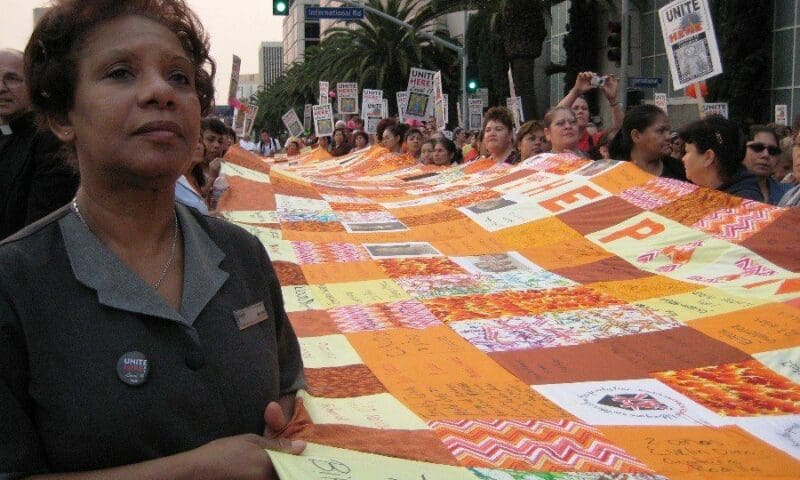

The theater piece Changing Lives, Changing LA – Hotel Workers Rising was created through many interviews, cut-and-paste pieces of script stuck up on a wall and moved around, lots of serendipity and much heart. It makes its debut Friday at Loyola Marymount University.


In Santa Monica a group of residents – frustrated by traffic and angry at developers – has placed a no-growth measure on the local ballot. It would force nearly all new projects higher than 32 feet to a citywide vote. The backers of Measure LV say that it’s buildings of all kinds – whether they house people or create jobs – that bring choking traffic.


Last Wednesday was a big day for In the Public Interest. We released one of our longest and most wide-ranging reports, How Privatization Is Increasing Inequality. The report describes how the privatization of public goods and services disproportionately impacts poor individuals and families, and people of color.
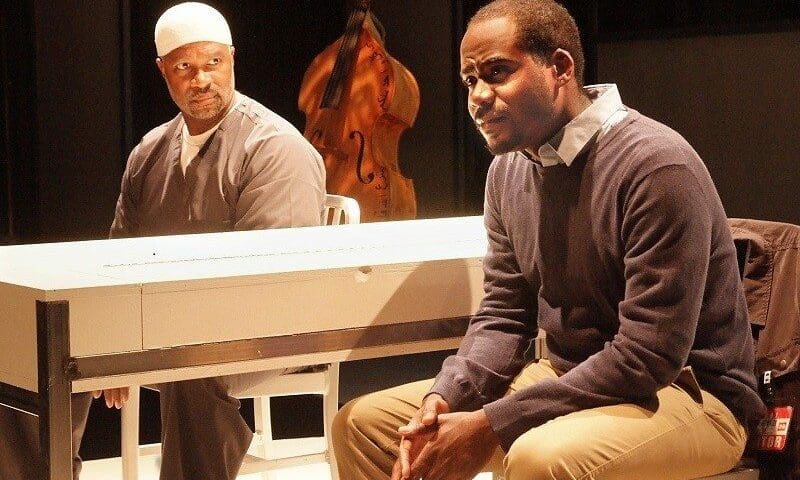
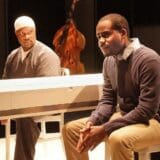
Bars and Measures, Idris Goodwin’s moving drama, directed with a sure hand by Weyni Mengesha, can be appreciated on several levels. To begin with, it’s a political work, a disturbing tale involving the questionable prosecution of an American Muslim for abetting a terrorist organization.


In 2011, Antonio Ramirez* was working in an Inland Empire warehouse, where he’d spent several hours emptying and sweeping out a metal freight container. With the indoor heat level passing 100 degrees, Ramirez showed symptoms of heat stroke – but his employers failed to take any action to help him and Ramirez was forced to call his son to take him to the hospital. He was hospitalized for three days due to heat stroke.
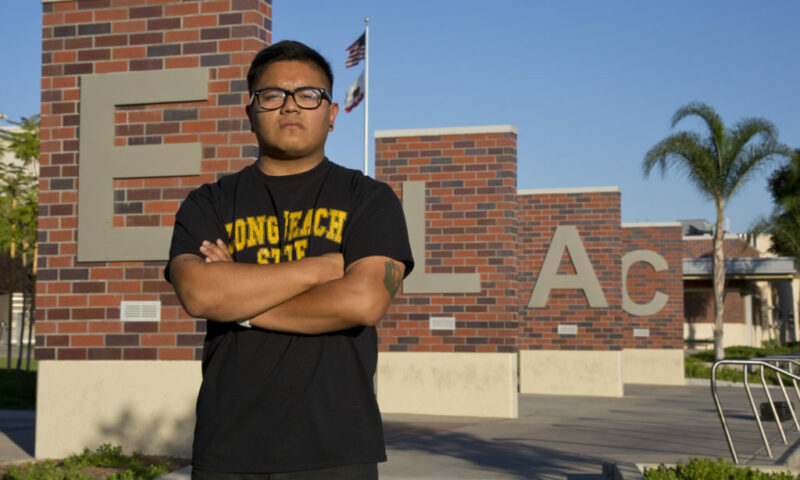

Eduardo Vargas enrolled at East Los Angeles College in Monterey Park during the fall of 2011 looking to help his financially troubled family, but then found he had to wrestle with a problem he had not foreseen: a crippled community college system.


On same the July day in 2009 when President Obama held a prime-time press conference on health-care reform, Governor Arnold Schwarzenegger tweeted a video of himself showing off a hunting knife. The symbolism wasn’t hard to discern: Schwarzenegger was about to sign one of the most austere funding packages the state had ever seen.


Parents manage a huge pile of details to guide their children’s education. What, then, happens when a recession hits, state education funding is drastically cut, class sizes reduced, parents are called upon to replace library staff and you’re worried that the teacher who provided crucial support for your special needs student may be laid off?
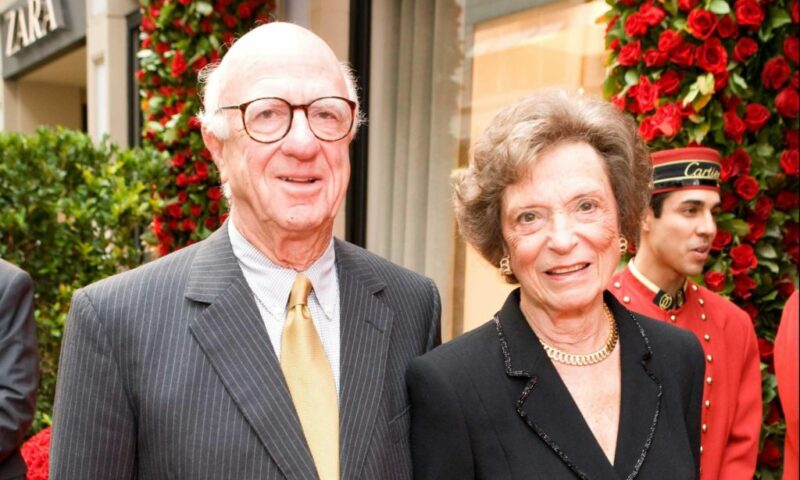

Born Doris Feigenbaum in 1931 in New York, Fisher and her husband struck modern-day gold in San Francisco when they founded the first Gap store there in 1969. By all indications, Doris and her husband, who passed away in 2009, worked hand in hand building the brand — which, like many global retailers, has also faced intense scrutiny for its labor practices.
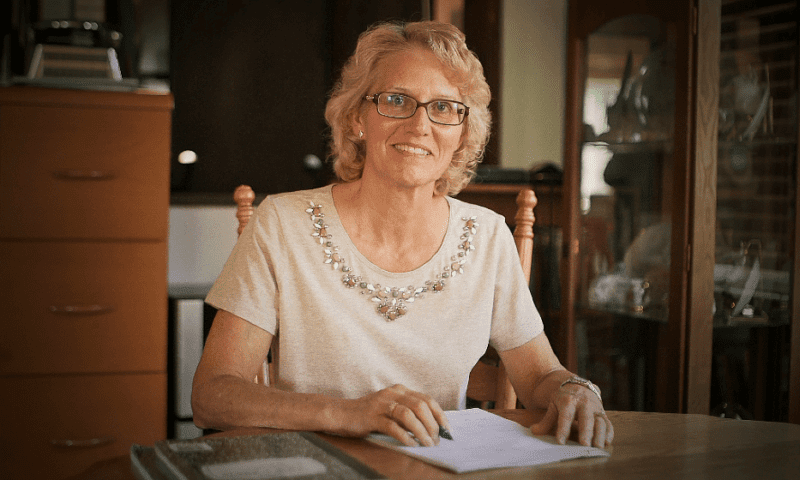

In the spring of 2008, Underwood was an eager and popular young assistant band director at a high school in Moreno Valley, a suburban enclave in Riverside County, but the first clouds of what would soon be called the Great Recession were gathering in New York — and were clearly visible to Underwood.